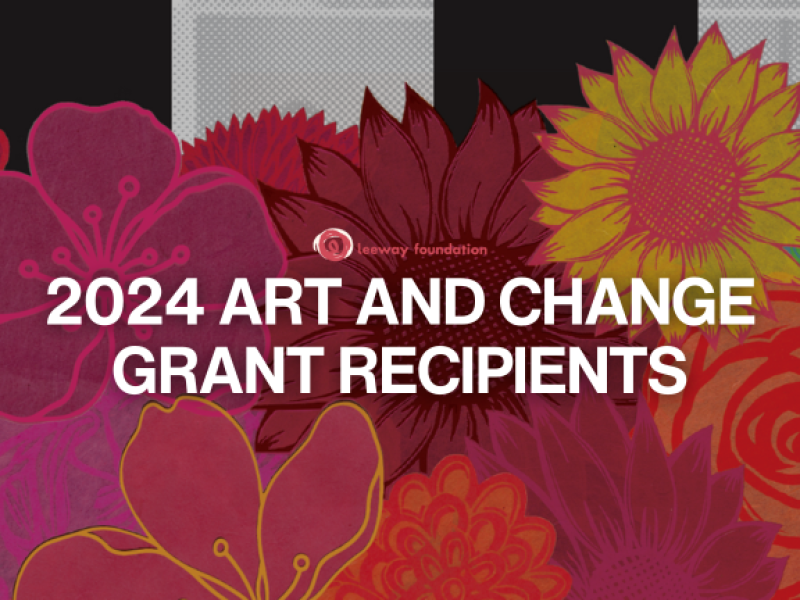Yared Portillo Featured on Public Radio International

What does protest sound like? For this Philadelphia activist, it's the eight-string jarana.
Yared Portillo, a Philadelphia community activist, has four of them: One she built from scratch; two others were secured from renowned artisans; the final one — received broken and in pieces from a friend — she carefully repaired and made whole again.
The repaired instrument isn’t a bad metaphor for the role the jarana has played in the US immigration protest movement for the past two decades. It's a small, eight-string instrument from Veracruz, Mexico, patterned after a 16th century baroque Spanish guitar that is often confused with a ukulele.
In the hands of Chicanos or recent Mexican immigrants, the jarana — as well as the son jarocho musical form with which it is inextricably associated — energizes rallies and undergirds the chants of those who want to repair not only a broken immigration system, but the increasingly broken relationship between two nations sharing both borders and histories.
In Philadelphia, Portillo punctuates chanting while strumming the tiny, “mosquito”-size jarana during a protest rally at a local Immigration and Customs Enforcement headquarters: Me gusta la lima, me gusta el limón, pero no me gusta la deportación. I like lime, I like lemon, but I do not like deportation.
Listen to the full story or read the transcription at pri.org.



